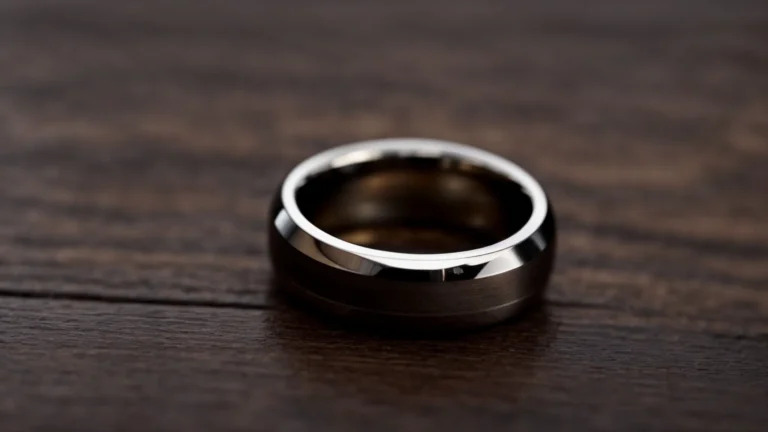The Process of Clearing Your Criminal Record in Arizona: What You Need to Know
A criminal record can be a substantial barrier to employment, housing, and educational opportunities. Many individuals in Arizona seek ways to clear their records to improve their quality of life and prospects. Arizona law provides certain remedies that might allow individuals to expunge or set aside their criminal records, giving them a fresh start. Understanding the specific process for clearing a criminal record in the state is crucial. Below, we delve deeper into the steps you can take to achieve a clean slate in Arizona.
Understanding the Basics of Criminal Record Expungement in Arizona

In Arizona, the process of legally clearing a criminal record is often referred to as expungement, though the legal term is ‘setting aside’ a conviction. It’s a court-ordered process that essentially removes a conviction from an individual’s criminal record or deems the conviction dismissed. However, it’s important to know that an expungement does not completely erase the criminal record; it modifies the record to show that the conviction has been set aside.
The impact of having a conviction set aside is substantial. It can alleviate some of the barriers associated with having a criminal record. In most cases, it can help restore certain civil rights, such as the right to serve on a jury, and can be a decisive factor when seeking employment or housing where a background check is required. Nonetheless, certain convictions and circumstances may not qualify for expungement, which is why it’s essential to understand the eligibility requirements.
To navigate the complexities of Arizona’s legal statutes regarding expungement, it may be beneficial to seek professional legal advice. Future First Criminal Law offers record removal services in Arizona, providing expert counsel to those looking to potentially clear their criminal records. Their guidance can be indispensable in interpreting the legal jargon and ensuring that all the necessary steps are correctly followed.
Step-By-Step Guide to the Expungement Process in Arizona
Initiating the expungement process in Arizona begins with filing a petition to have the conviction set aside. This petition must be filed in the court where the conviction occurred. The individual, or their legal representative, must thoroughly complete all required forms, which typically involve outlining the reasons why the conviction should be set aside.
After the petition is filed, there may be a hearing where the petitioner, possibly through their attorney, can argue their case for expungement. The prosecutor’s office will have an opportunity to respond to the petition, and they may object or agree to the expungement. The judge will then consider all arguments, the individual’s criminal history, the nature of the conviction, and any evidence presented regarding the petitioner’s rehabilitation.
The Role of Legal Representation in Clearing Your Record

Navigating the expungement process in Arizona can be challenging due to its complicated nature. In such instances, an attorney with expertise in criminal law can be invaluable. A legal representative will guide you through every step, ensuring that all documentation is correctly filed, and will advocate on your behalf during court proceedings.
Legal representation can also stave off potential pitfalls that may arise during the process. For example, an attorney can help collect and present evidence of rehabilitation, which is a crucial part of convincing a court to grant expungement. Moreover, having an attorney also sends a signal to the court about the seriousness of your petition and your commitment to living a law-abiding life.
Common Challenges and Solutions in the Expungement Process
The expungement process in Arizona is fraught with challenges that can deter or delay individuals from clearing their records. One common issue is the complexity of legal procedures, which can be confusing and intimidating for those without legal training. This complexity underscores the importance of comprehensive preparation and understanding of the legal requirements, or enlisting the help of a specialized attorney.
Another challenge is the potential for denial based on the nature of the offense or insufficient evidence of rehabilitation. Solutions to these obstacles involve meticulous presentation of rehabilitation efforts and the positive changes made since the conviction. This may include work history, educational achievements, community service, and testimonials from community members or professionals.
Overall, clearing a criminal record in Arizona is a process that demands determination, patience, and an understanding of the legal system. While there are challenges to overcome, the benefits of a cleared record and the subsequent opportunities it affords can be life-changing. Individuals seeking to expunge their records in Arizona should arm themselves with knowledge, strategic legal counsel, and a rigorous commitment to showcasing their rehabilitation.



